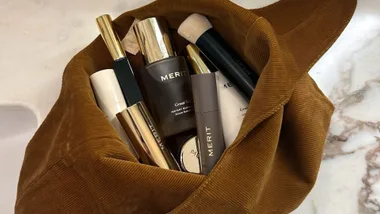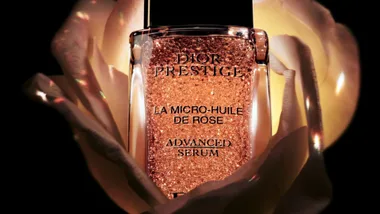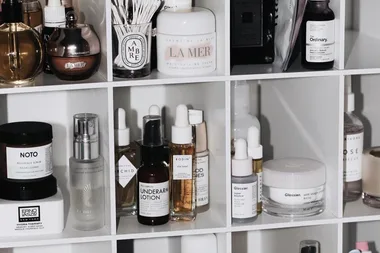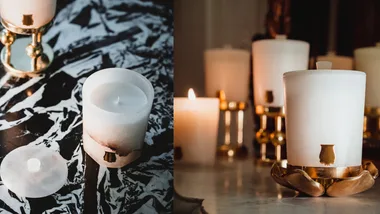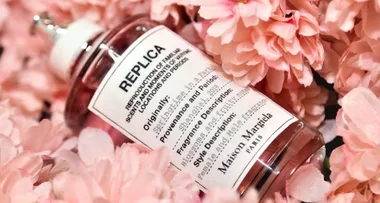Beauty sleep is a real thing. Celebrity skin expert Dr Barbara Sturm explains what happens to our complexions during slumber, what to avoid and how to wake up glowing – even in winter.
After Dark
It makes sense that skin does different things at night, but what happens exactly?
“While we sleep, our hormone levels change,” says Dr Barbara Sturm, whose fans include models Bella Hadid and Rosie Huntington-Whiteley. “Skin regenerates and rejuvenates at night to produce more collagen and growth hormones and less skin-harming cortisol.” Like our body, our skin follows the circadian rhythm (our physical and mental response to light and dark) and moves from daytime protective mode to night-time repair mode. Sturm also notes that as Australians are exposed to 15 per cent more UV than Europeans, they need to use appropriate products.
Sleep Issues
If you’re habitually watching another episode of The Great and cutting into your sleep hours, it may affect more than just your energy – it could trigger skin issues.
“When we aren’t getting enough sleep, our skin’s reparative processes slow, which reduces collagen production [and could lead to] fine lines and wrinkles,” explains Sturm, who adds that sleep deprivation can also cause skin colour to pale, exacerbating dark circles and uneven complexions. And that’s not all. Burning the midnight oil can mean that cortisol levels are raised, which can bring about inflammation. “This can lead to skin dysfunctions such as acne, irritation and breakouts.”
The Night Shift
If you feel that your day cream can pull a double shift and stand in as a night cream, you might want to rethink – especially if your skin is feeling fragile.
“For the ultimate reset, it’s essential to use night-specific skincare products to support the skin’s nightly renewal processes and soothe and hydrate the skin after a long day,” says Sturm. She has just released a night cream dosed with peptides derived from avocado to help detox skin, plus nonapeptide-1, which helps to invigorate the circulation and encourage your complexion to return to protective mode in the morning.
Skin By Night
Hyaluronic Acid: This hydrating ingredient is “clinically proven to strengthen skin barrier function”, says Sturm. Try Dr. Barbara Sturm Hyaluronic Serum, $463.
Glutathione: A proven skinlightening antioxidant “that helps with pigmentation [due to] sun exposure”, glutathione can interrupt the formation of hyperpigmentation.
Polyglutamic Acid: “Five times more hydrating than hyaluronic acid, it sits on the surface of the skin, instantly locking in hydration, [helping to reduce the appearance of] fine lines and wrinkles, and preventing transepidermal water loss.” You can find this ingredient in Dr. Barbara Sturm Super Anti-Aging Night Cream, $472.
Skin By Day
“I recommend cleansing your face in the morning to wash away bacteria that’s accumulated throughout the night. Cleansing is an important first step to remove dead skin cells and impurities that can leave skin vulnerable to dryness, breakouts and premature ageing.”
Vitamin C: Applied in a serum, vitamin C will “brighten the complexion”, says Sturm. “Regular use helps reduce the signs of irritation and uneven pigmentation and provides anti-oxidative protection from environmental stressors.” Try Skinceuticals C E Ferulic Serum, $236.
Hyaluronic Acid: Will “deliver instant and long-lasting hydration at the deeper and superficial skin layers”.
These Night-time Saviours Are Worth The Investment:
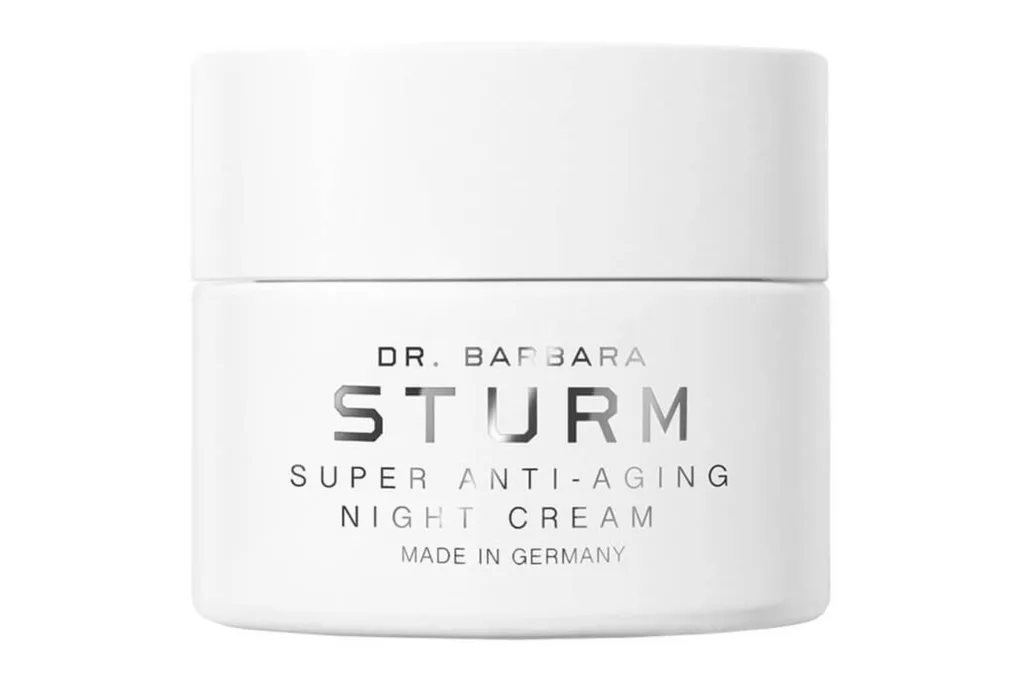
Dr. Barbara Sturm Super Anti-Aging Night Cream, $472 at Mecca
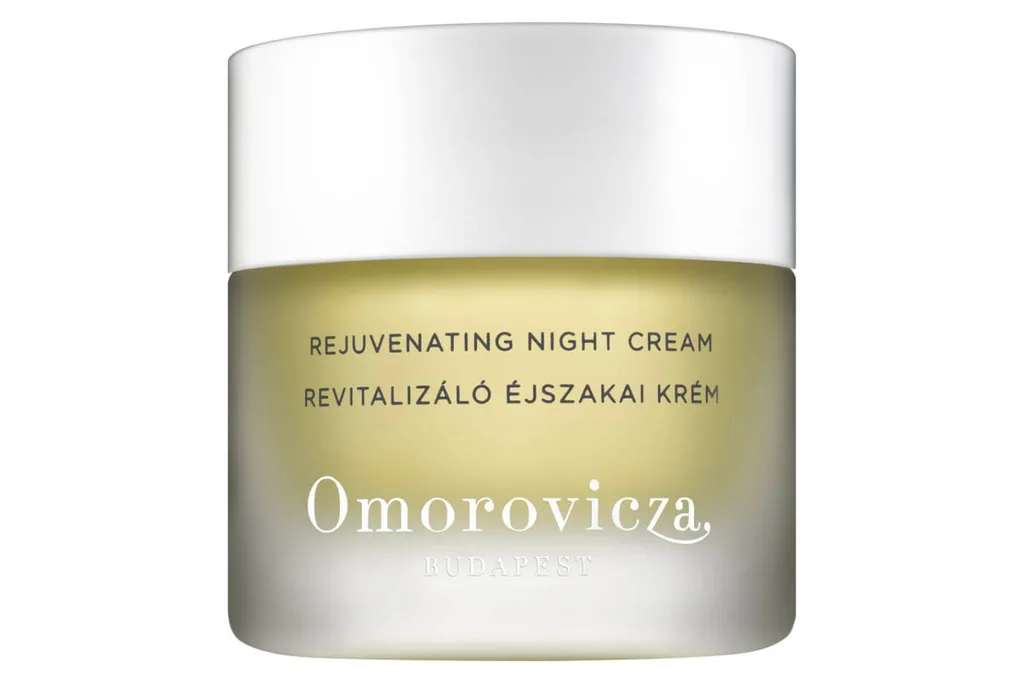
Omorovicza Rejuvenating Night Cream, $253 at Mecca
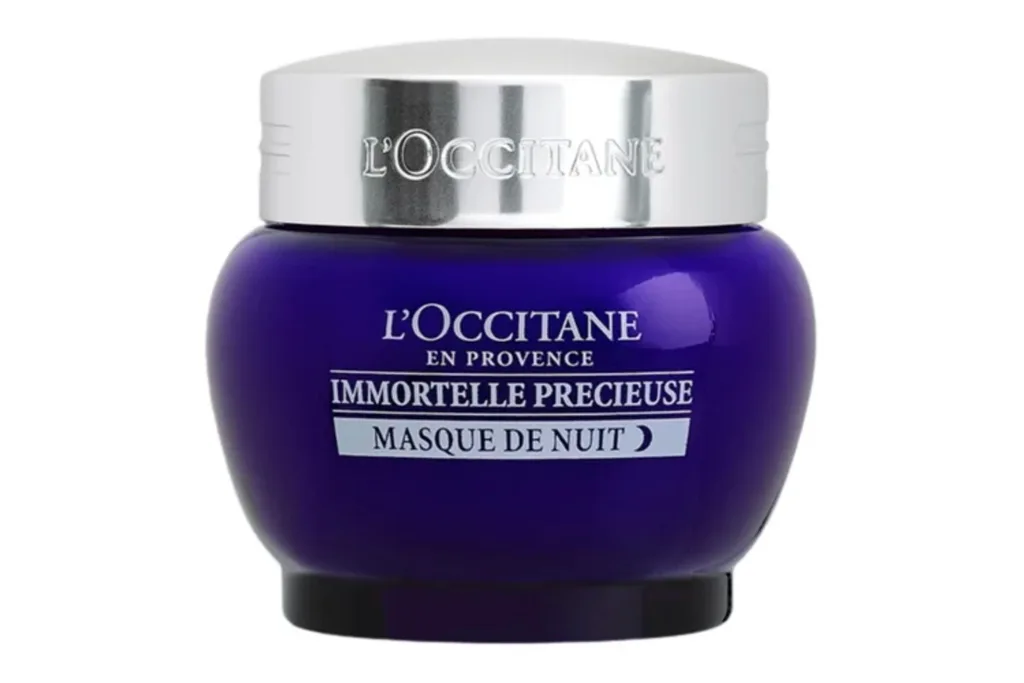
L’Occitane Immortelle Precious Overnight Mask 50ml, $95 at Adore Beauty
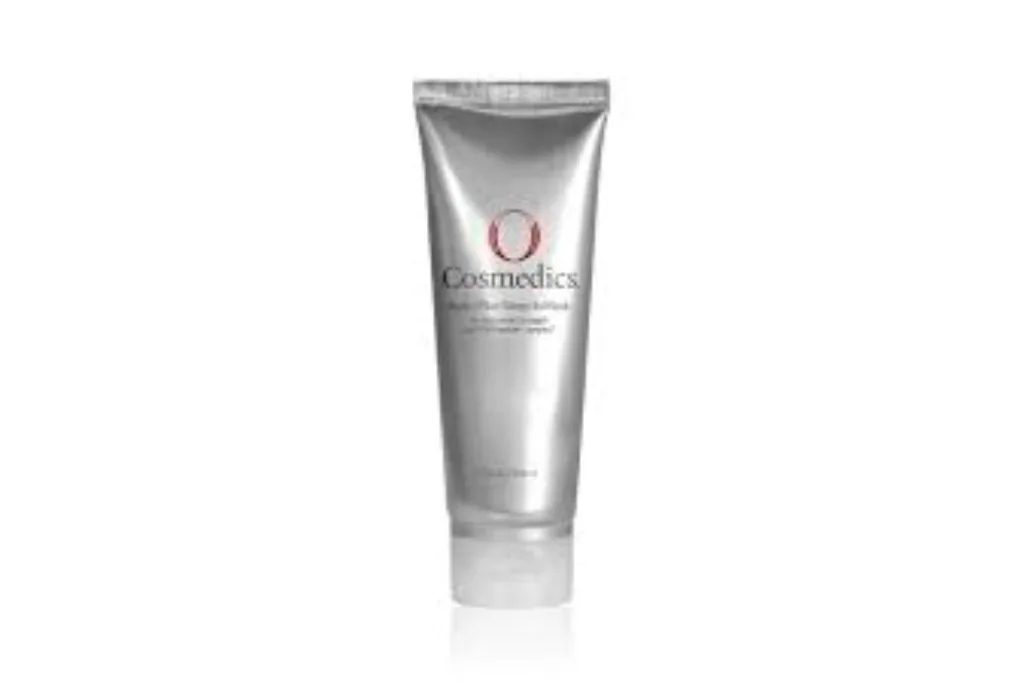
O Cosmedics Hydra Plus Sleep-In Mask, $69 at O Cosmedics
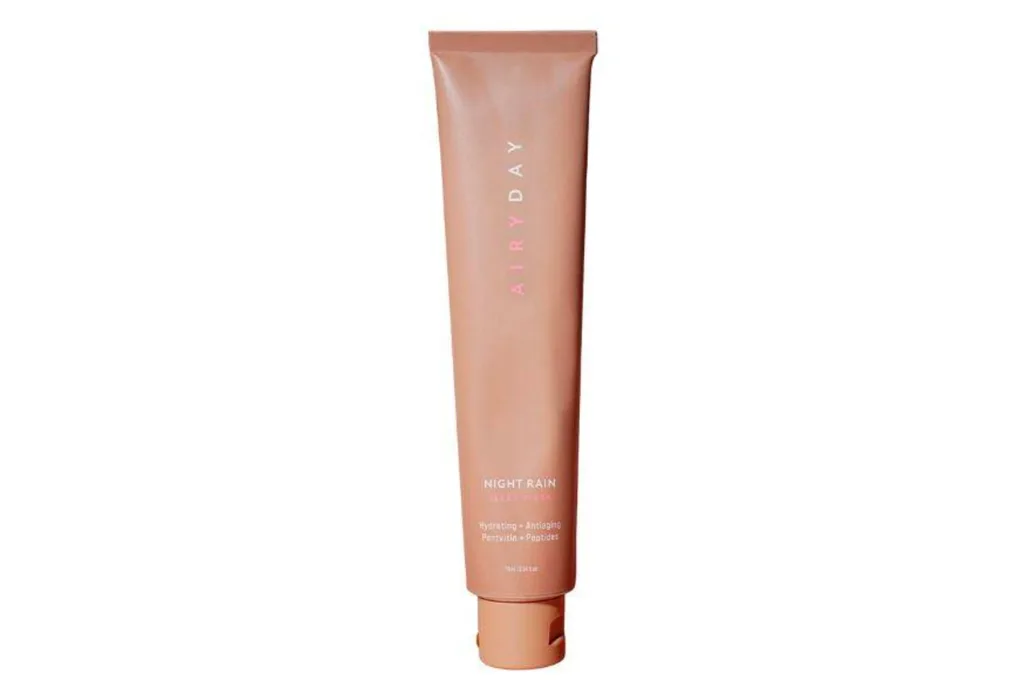
Airyday Night Rain Sleep Mask, $37 at Airyday

